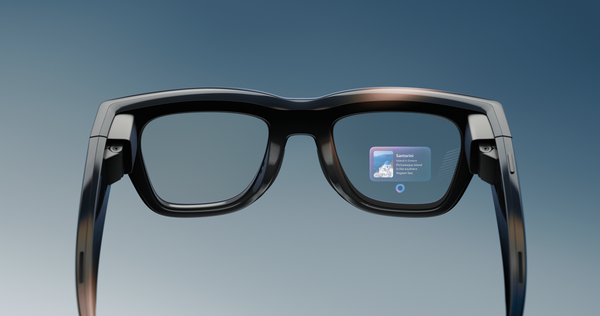The Limits of Social Media

As humans, we're naturally social creatures. We all fall somewhere along the spectrum of sociability. Some crave it but few completely despise it. When you're born your immediate family forms your first social group. As you get older it expands to your wider family, classmates, and friends. These groups are rarely chosen by you though. You can't choose your family. You can't choose your school. Yet you're defined by the people around you, however, they turn out to be.
It's little wonder then that we all seek belonging. At first through common activities, but as we get older we get more defined. Our initial blurry selves come into focus. Suddenly you're a wall of labels, arranged in a combination few fully share.
That's when finding like-minded people becomes more difficult. You might meet someone who has the same taste in music as you but you have nothing else in common. In response, we divide ourselves. Share some interests here, hide some qualities there. We fulfil our social need with diverse sources.
This could be a result of how hard it is to define yourself. Writing a bio is one of the toughest things I ever have to do. Personality tests fail to fully capture anyone and social media personas are just that. How do you define something so complex in an easily shareable form? Maybe it's an impossible goal.

I think this is partly responsible for the rise in loneliness as the internet has become more pervasive. It promised a new age of social connection but instead many feel more disconnected than ever. Our social media fails to capture our full selves so we're forced to distil ourselves into distinct pieces. Combined with the focus on how many likes you can garner, we're now encouraged to hide the pieces that might not generate the same response.
So what do you do? You play it safe. You share your most positive moments. You share content that you think will garner likes. It might happen subconsciously. But how can you feel truly connected if you're not sharing your honest self?
Of course on the other side, we have those who use the internet for things they'd never do in real life. But aren't they encouraged by the same metrics? The trolling comments attract replies and attention. They attract the likes of like-minded people.
How do we fix this? I'm not sure it's possible on current platforms. Without a concerted effort, we're not naturally encouraged to share any more than what can get likes. The only truly honest and positive platforms I can think of have been sections of Tumblr, forums, and communities with great moderation (by members or dedicated mods). What do those places have in common?
Not sure of the answers but I'm curious how social platforms can evolve to better represent ourselves.




